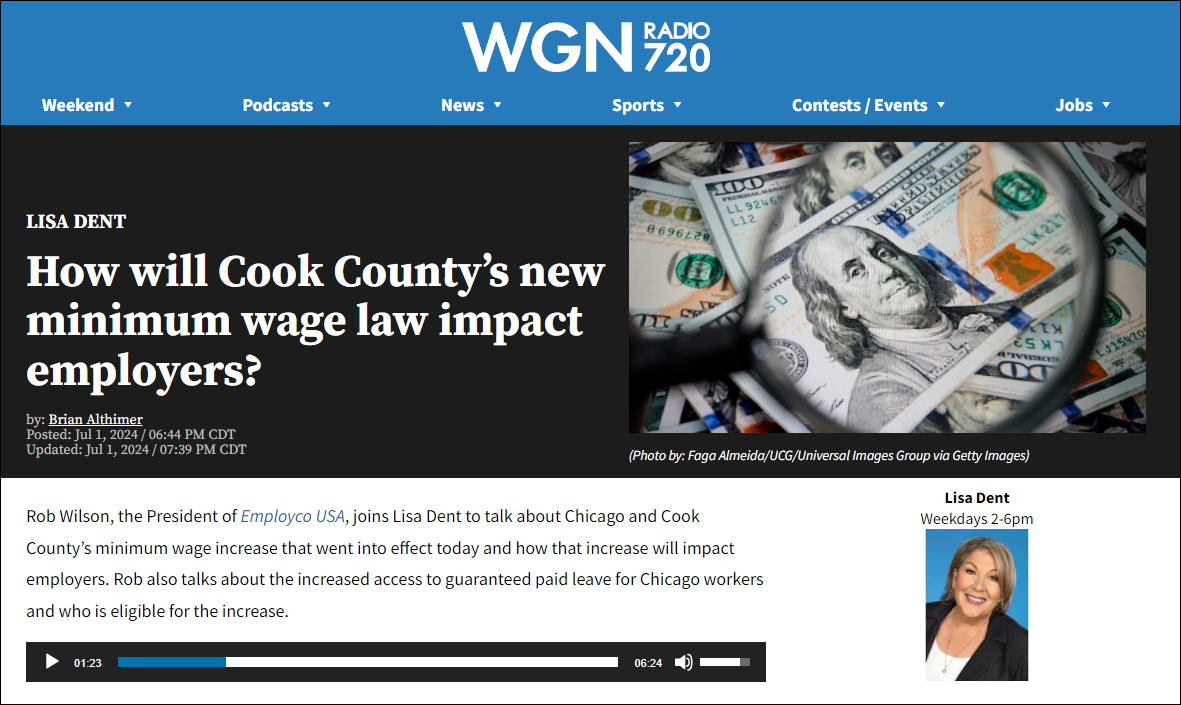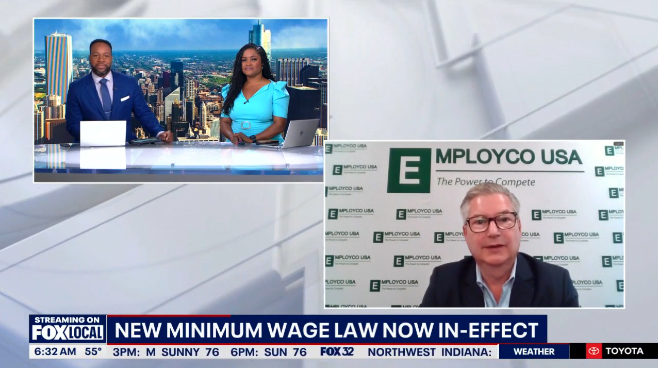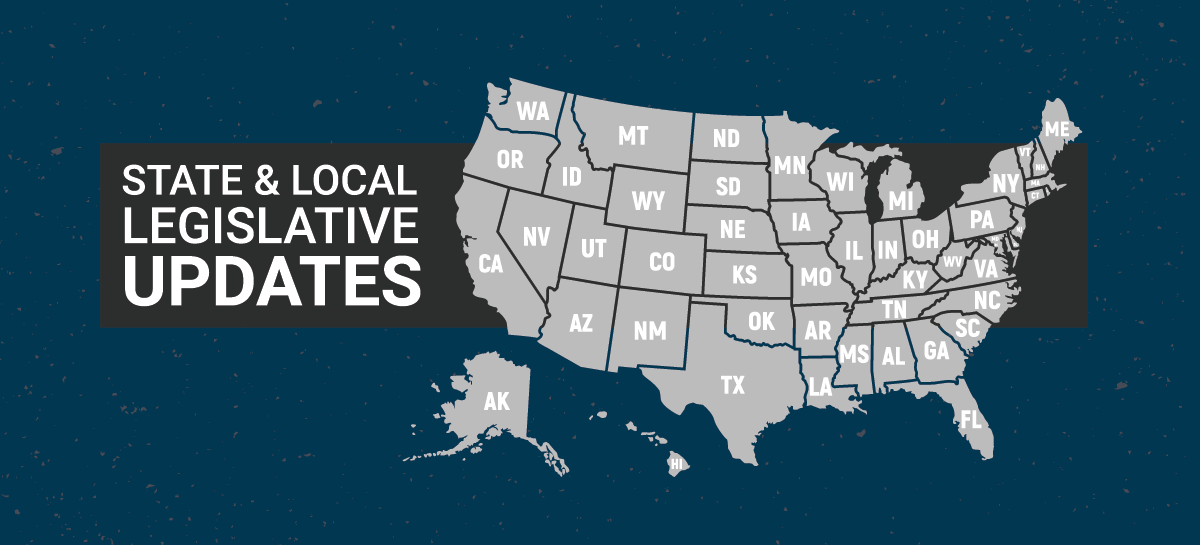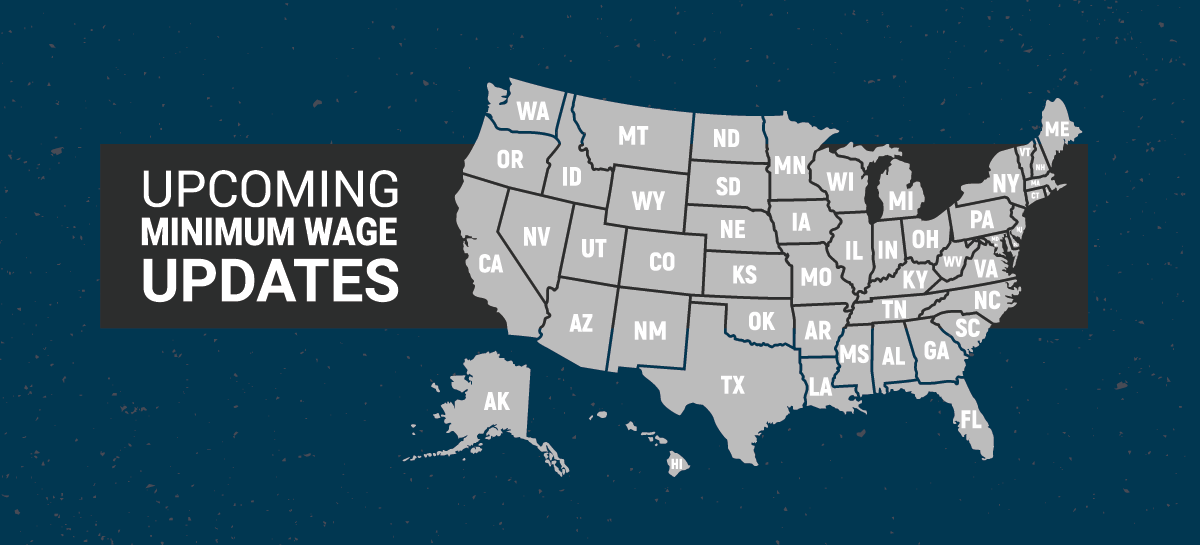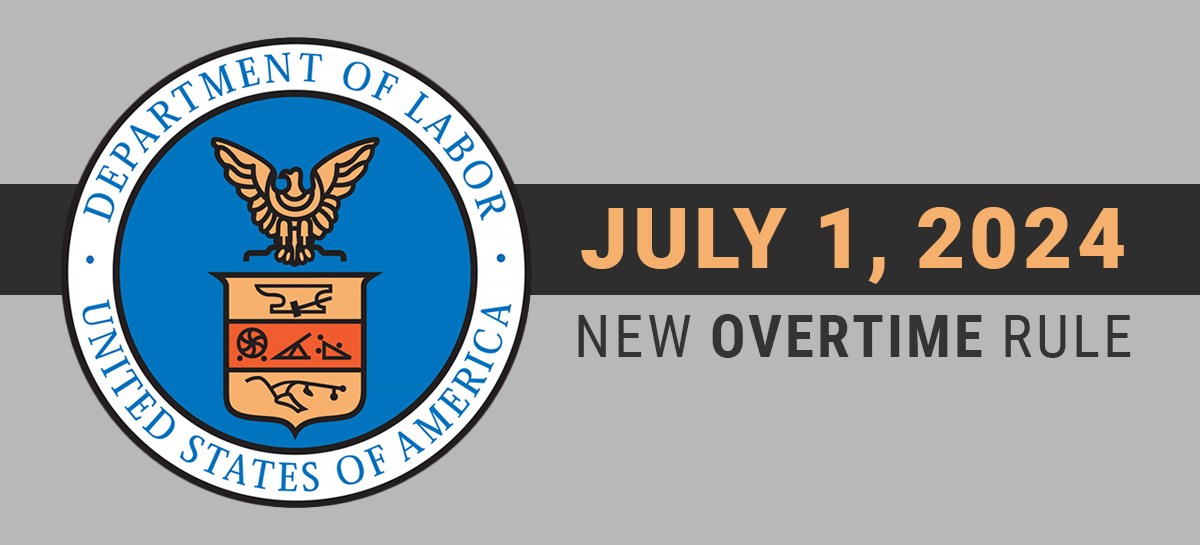
Workplace drug testing programs are designed to help maintain a safe work environment by identifying and discouraging drug use. Since the 1980s, when companies began implementing drug tests, there has been a consistent decline in drug use among employees who are tested. Determining the appropriate utilization for drug tests is crucial for selecting the right drug testing solution for your organization. The most common reasons for conducting drug tests are pre-employment screenings, random, post-accident, and reasonable suspicion.
Continue reading